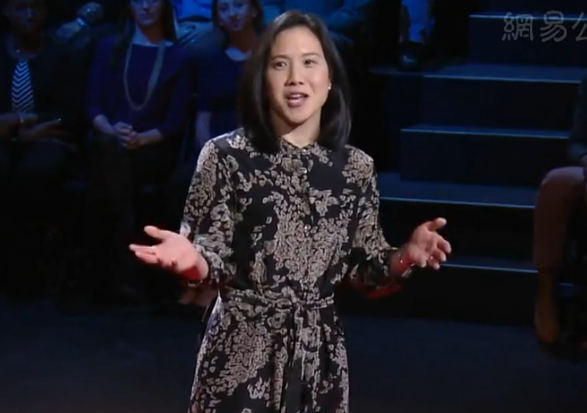When I was 27 years old, I left a very demanding job in management consulting for a job that was even more demanding: teaching.
在我27歲的時候,我辭去了一份非常有挑戰性的職業,企業管理咨詢,轉而投入了一份更加具有挑戰性的職業:教育。
I went to teach seventh graders math in the New York City public schools.
我來到紐約的一些公立學校教7年級的學生的數學。
And like any teacher, I made quizzes and tests.
和別的老師一樣,我會給學生們做小測驗和考試。
I gave out homework assignments.
我會給他們布置家庭作業。
When the work came back, I calculated grades.
當這些試卷和作業收上來之后,我計算了他們的成績。
What struck me was that I.Q. was not the only difference between my best and my worst students.
讓我震驚的是,IQ的高低并不是我最好的和最差的學生之間唯一的差別。

Some of my strongest performers did not have stratospheric I.Q. scores.
一些在課業上表現很好的學生并不具有非常高的IQ分數。
Some of my smartest kids weren't doing so well.
一些非常聰明的孩子反而在課業上表現的不那么盡如人意。
And that got me thinking.
這引起了我的思考。
The kinds of things you need to learn in seventh grade math, sure, they're hard: ratios, decimals, the area of a parallelogram.
當然,學生們在7年級需要學習的東西是有難度的,像比率,小數,平行四邊形的面積計算。
But these concepts are not impossible,
但是這些概念是完全可以被掌握的,
and I was firmly convinced that every one of my students could learn the material if they worked hard and long enough.
我堅信我的每一位學生都可以學會教材內容,只要他們肯花時間和精力的話。











